Ashna Pathan discovered her love of music listening to her father’s favorite albums. At 5 years old, she wanted to join a rock band. Her mother enrolled her in classical piano lessons. By middle school, she’d found her primary instrument in the clarinet. Now a sophomore in the inaugural Music for New Media program at Peabody, she intends to score for film and television. During her first year, she collaborated with MFA filmmaking student Qianhui Zhang from the Maryland Institute College of Art (mica) to score his thesis film Golden—Apple.
What brought you to the Music for New Media program at Peabody?
I wanted a program where I could balance my classical background with the technological skills needed for film scoring. Peabody was the only conservatory with this new program, where we’d be pioneers in the field.
What classes did you take your first year, and which were your favorites?
My first semester I took core classes, Music for New Media, and basic recording techniques for musicians. My second semester I took music and law and intro to programming. My favorite was the recording class. I’d never focused on the recording process or mixing in general, but I discovered a real love for it.
How would you classify the music you are composing now?
I primarily write orchestral and chamber music. Since I started interacting with my Peabody colleagues, I’ve been dabbling with electronic works.
Who and what inspires you?
I’m inspired every day by the musicians at Peabody! Whenever I feel stuck, I can go to a dance or music performance and see other people doing what they love at a high level of skill. It’s the instant cure for writer’s block.
How did you come to work with student film directors in the MICA community?
The first semester, we watched trailers for mica student thesis films. Afterward, we could approach the directors and ask to score their films. A couple of us were able to land films that way. This semester, we talked to students who are just starting to think about their thesis films. Our professor Thomas Dolby spoke, and we helped with a Q&A session about the best methods for directors and composers to work together.
Has collaborating with filmmakers influenced your composition process?
The process is definitely different from the classroom setting. We’re communicating with real people
to get a real project done. Typically, the directors I’ve worked with aren’t coming from a music background. It’s been an experiment in communication to bridge that gap. There’s such a strict timeline in film. You have about half to a third of the time that you’d get to score something in a more classical setting. I’m coming up with ideas faster and learning to roll with those first ideas, shaping them as close as possible to what I want the music to achieve.
Your first year coincided with the first year of Peabody’s Music for New Media program. How’s it going?
It’s interesting, because we’re surrounded by programs that have been around for years and years. There’s usually a strict path and not much wiggle room for what you can take outside of your major. Our professors want us to explore and dive more deeply into what we discover. This year, I’m taking a lot more classes in jazz studies because I want to build that side of my knowledge, along with more recording classes because I really enjoyed that last year. Some of my peers are taking programming classes so they can better score for video games. I really like that our major gives us the freedom to develop our own areas of concentration and that we have the flexibility to explore what we really want to explore.

